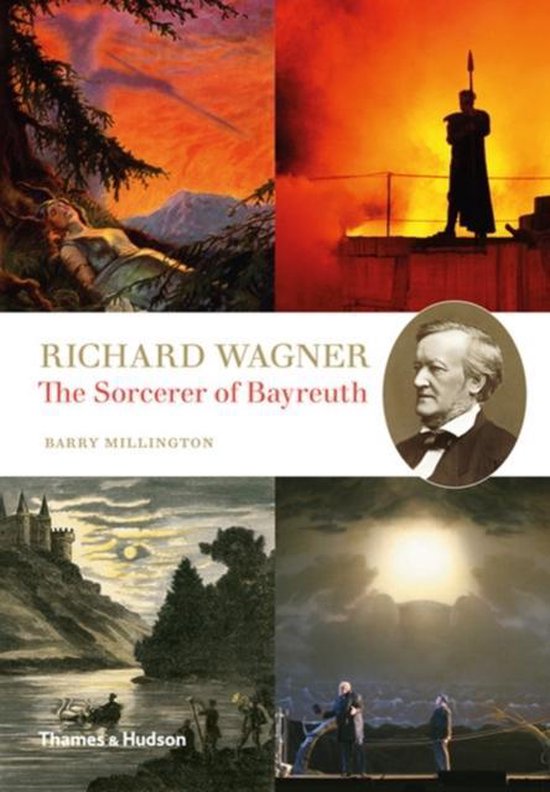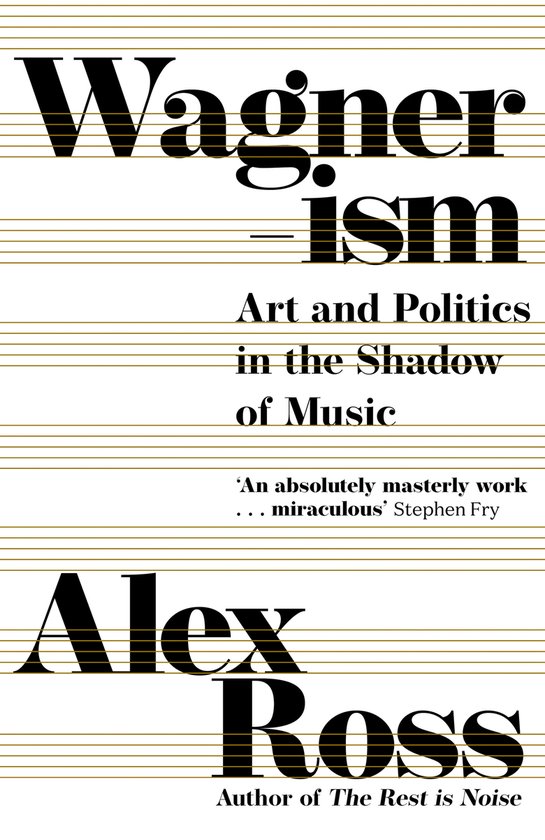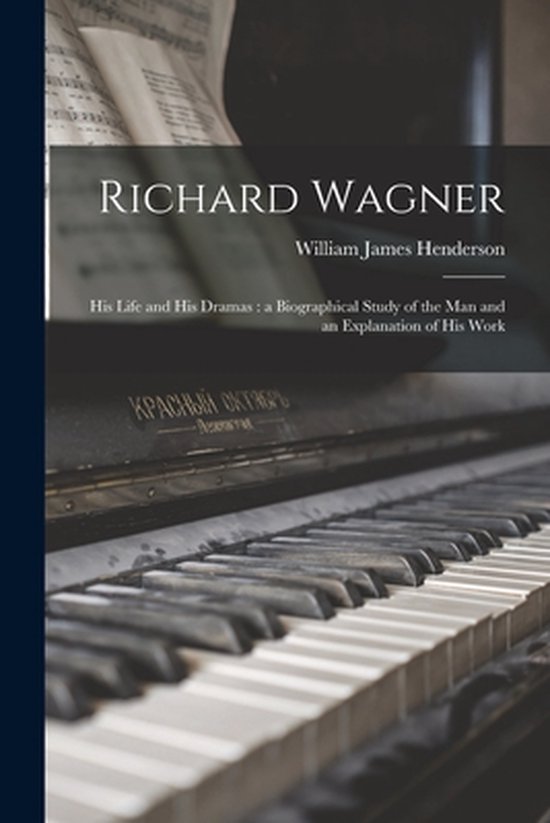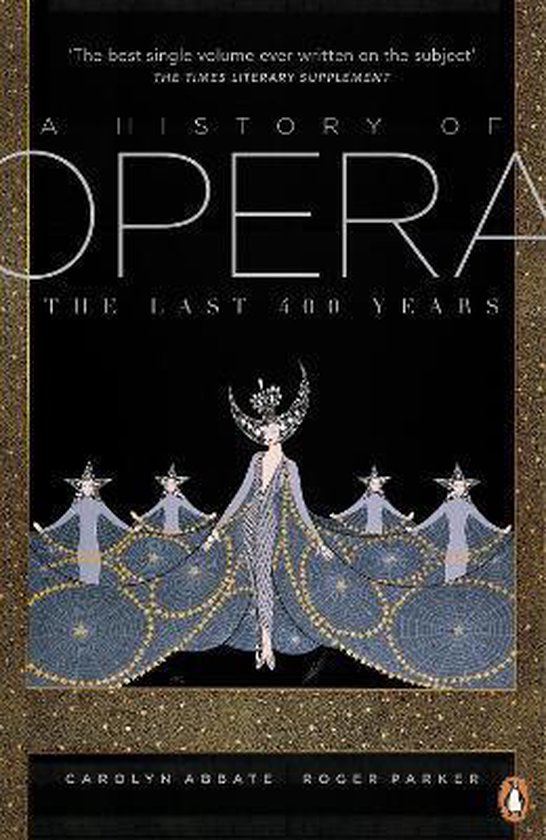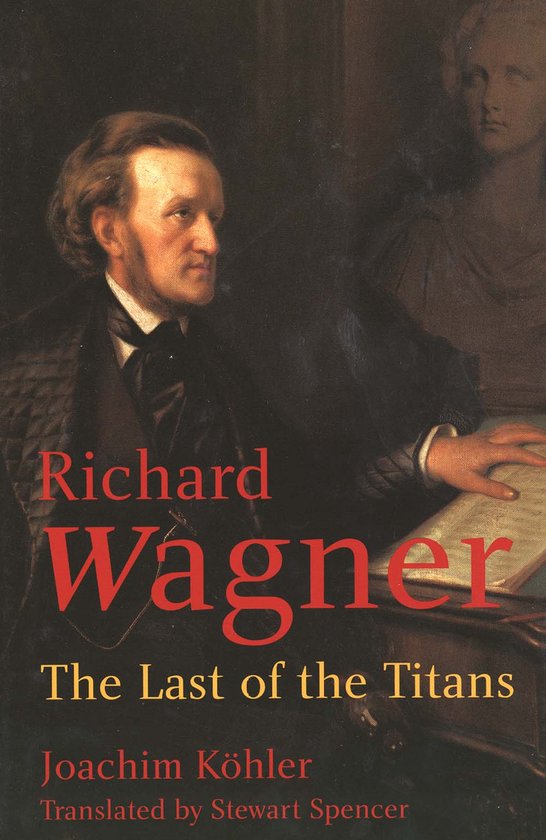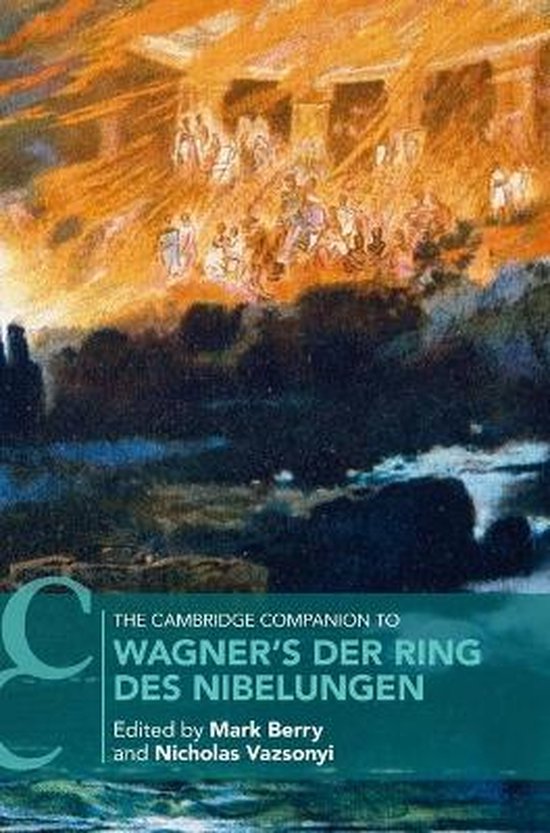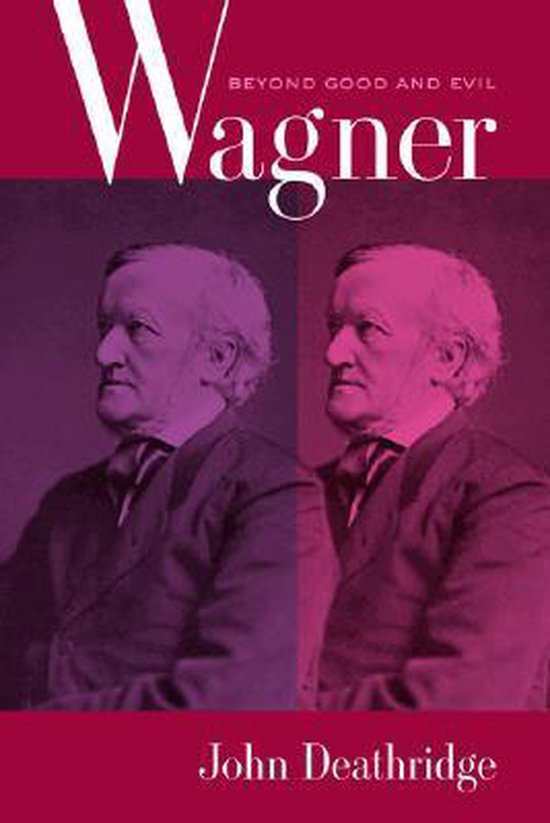
Wagner Beyond Good and Evil
Presents a different view of Richard Wagner based on research that does not shy away from some truths about this controversial composer. This book tells what Wagner did, said, and wrote. It suggests that an estimation of Wagner does not lie in an all too easy condemnation of his many provocative actions and ideas.
"This collection provides us with that rarest of objects: a genuinely new book on Wagner. Virtually every page offers fresh perspectives, some of them mined from the most unlikely of sources; indeed, the sheer eclecticism of the book, its willingness to range widely and irreverently through both popular and elite culture, is one of its greatest strengths."—Roger Parker, author of Remaking the Song: Operatic Visions and Revisions from Handel to Berio
"John Deathridge is one of the most authoritative, widely-regarded Wagner scholars around in any language. Few can match his command of scholarship and primary sources, and no one else knows how to put them to such clever, provocative uses. In addition, Deathridge enjoys an impressive range of critical, historical, and literary reference. The writing is consistently lively and engaging. The collection will provide a welcome change of diet for those tired of the usual Wagnerian fare. This is a welcome contribution, indeed."—Thomas Grey, author of Wagner's Musical Prose: Texts and Contexts
John Deathridge presents a different and critical view of Richard Wagner based on recent research that does not shy away from some unpalatable truths about this most controversial of composers in the canon of Western music. Deathridge writes authoritatively on what Wagner did, said, and wrote, drawing from abundant material already well known but also from less familiar sources, including hitherto seldom discussed letters and diaries and previously unpublished musical sketches.At the same time, Deathridge suggests that a true estimation of Wagner does not lie in an all too easy condemnation of his many provocative actions and ideas. Rather, it is to be found in the questions about the modern world and our place in it posed by the best of his stage works, among them Tristan und Isolde and Der Ring des Nibelungen. Controversy about Wagner is unlikely to go away, but rather than taking the line of least resistance by regarding him blandly as a "classic" in the Western art tradition, Deathridge suggests that we need to confront the debates that have raged about him and reach beyond them, toward a fresh and engaging assessment of what he ultimately achieved.
"This collection provides us with that rarest of objects: a genuinely new book on Wagner. Virtually every page offers fresh perspectives, some of them mined from the most unlikely of sources; indeed, the sheer eclecticism of the book, its willingness to range widely and irreverently through both popular and elite culture, is one of its greatest strengths."—Roger Parker, author of Remaking the Song: Operatic Visions and Revisions from Handel to Berio
"John Deathridge is one of the most authoritative, widely-regarded Wagner scholars around in any language. Few can match his command of scholarship and primary sources, and no one else knows how to put them to such clever, provocative uses. In addition, Deathridge enjoys an impressive range of critical, historical, and literary reference. The writing is consistently lively and engaging. The collection will provide a welcome change of diet for those tired of the usual Wagnerian fare. This is a welcome contribution, indeed."—Thomas Grey, author of Wagner's Musical Prose: Texts and Contexts
John Deathridge presents a different and critical view of Richard Wagner based on recent research that does not shy away from some unpalatable truths about this most controversial of composers in the canon of Western music. Deathridge writes authoritatively on what Wagner did, said, and wrote, drawing from abundant material already well known but also from less familiar sources, including hitherto seldom discussed letters and diaries and previously unpublished musical sketches.At the same time, Deathridge suggests that a true estimation of Wagner does not lie in an all too easy condemnation of his many provocative actions and ideas. Rather, it is to be found in the questions about the modern world and our place in it posed by the best of his stage works, among them Tristan und Isolde and Der Ring des Nibelungen. Controversy about Wagner is unlikely to go away, but rather than taking the line of least resistance by regarding him blandly as a "classic" in the Western art tradition, Deathridge suggests that we need to confront the debates that have raged about him and reach beyond them, toward a fresh and engaging assessment of what he ultimately achieved.
| Auteur | | Deathridge, John |
| Taal | | Engels |
| Type | | Hardcover |
| Categorie | | Kunst & Fotografie |
